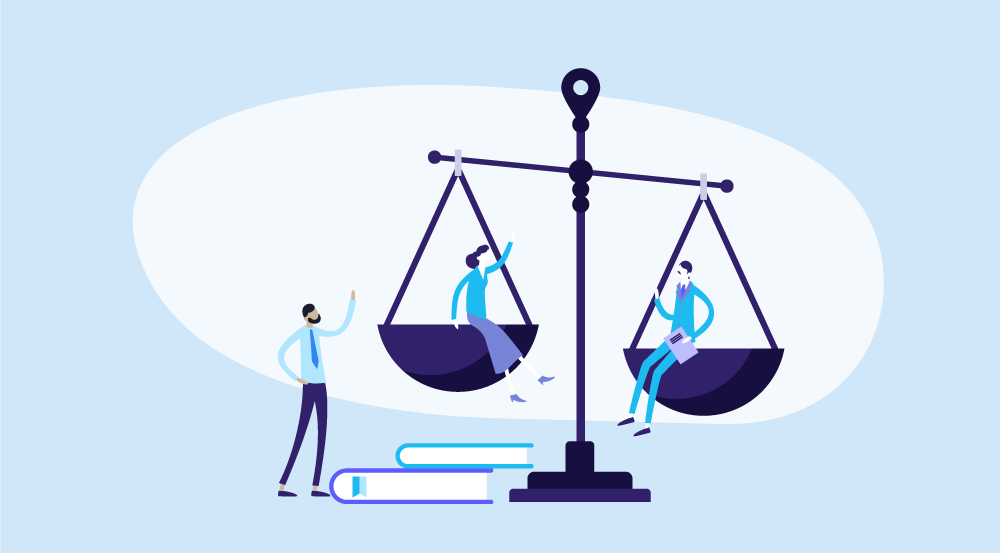HR internal equity refers to the fairness and consistency in the treatment of employees within an organization. It means that employees in similar roles, with similar levels of education, experience, and skills, should be compensated equally.
Internal equity is important for maintaining employee morale, reducing turnover, and promoting a positive workplace culture. It can also help organizations to attract and retain talented employees, which is essential for long-term success.
To ensure internal equity, HR professionals typically conduct job evaluations to assess the relative worth of different positions within the organization. They may use factors such as job duties, required skills and knowledge, and market demand for the position to determine appropriate compensation levels.
Once compensation levels have been determined, HR professionals must communicate this information clearly and consistently to all employees. This can be done through job descriptions, performance evaluations, and salary surveys.
In summary, HR internal equity is critical for promoting a fair and inclusive workplace, and for attracting and retaining talented employees. By ensuring that employees are compensated fairly for their work, organizations can create a positive and productive work environment that benefits everyone involved.

- Internal equity should be a key consideration in all HR policies and practices, not just compensation. For example, opportunities for career advancement, access to training and development, and work-life balance should also be distributed fairly among employees.
- HR professionals should regularly review and update their compensation and benefits programs to ensure that they remain competitive and equitable. This may involve benchmarking against industry standards, analyzing employee feedback, and adjusting compensation levels as needed.
- It is important to communicate the rationale behind compensation decisions to employees. This helps them understand how their pay is determined and can reduce the risk of misunderstandings or perceptions of unfair treatment.
- HR internal equity is not just about treating all employees the same. Rather, it involves considering the unique needs and circumstances of each employee and making decisions that are fair and equitable given those factors.
- HR professionals should work closely with managers and supervisors to ensure that internal equity is maintained at all levels of the organization. This may involve providing training and support to managers on issues such as performance evaluation, promotion, and compensation.
Overall, HR internal equity is a critical aspect of creating a positive and productive workplace culture. By ensuring that employees are treated fairly and equitably, organizations can improve employee satisfaction, retention, and overall performance.

